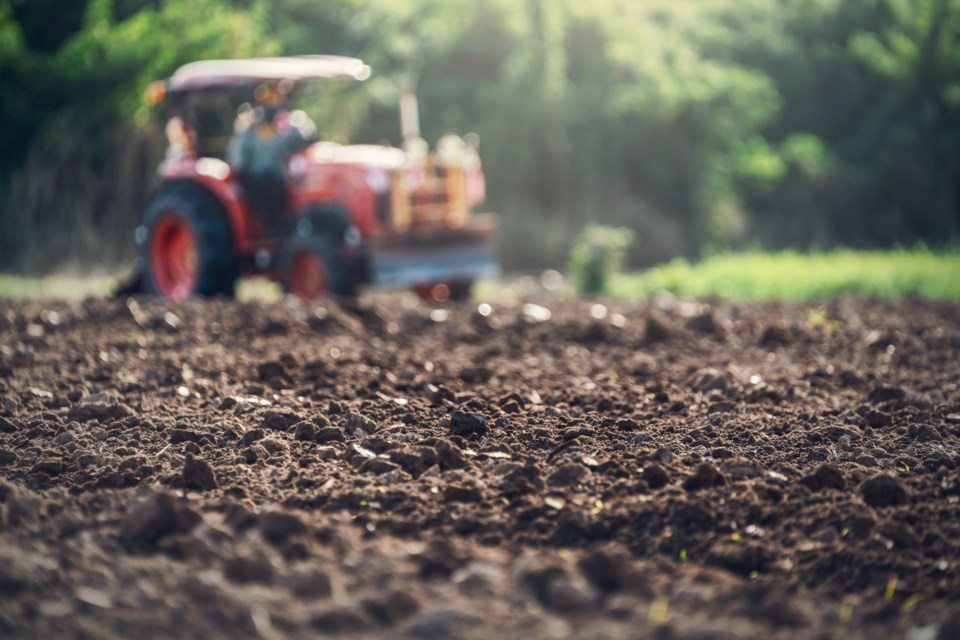Believe it or not, in a few short weeks our local farming community will be out plowing fields and rowing up to prepare for some early spud planting.
At least that is the plan. You may recall that last spring was one of the wettest on record and most crops were late getting in to the ground.
Although we would like it to be, farming is not an exact science, yet for the most part, our farming community continues to adapt for the benefit of us all.
The complexities of food and farming are well-documented in this month’s UBC Alumni magazine in which two articles stand out.
The first discusses the work of Navin Ramankutty, Canada Research Chair in Data Science for Sustainable Global Food Systems at UBC. In “10 billion mouths to feed” Ramankutty notes that when it comes to feeding humanity with a minimal environmental footprint, “I don’t see an obvious solution.”
There are defined push and pull arguments in regards to feeding the world and traditional large scale agriculture techniques are often pitted against more holistic approaches, which produce better food, but at decreased yields.
Ramankutty says we should attend to the demand side: managing human consumption and reducing waste and loss in the harvesting, storage, distribution, and preparation of food. These secondary and tertiary aspects within the food chain are important global considerations. Although we are fairly insulated from food security concerns in North America that may not always be the case. At eight percent “moderate and severe,” North America is currently far better off than Asia (24.6 per cent), Latin America (40.6 per cent) and Africa where more than half (57 per cent) are moderately and severely food insecure.
The second article of note in the magazine chronicles the work of fifth generation family farmer turned scientist and researcher Hannah Wittman who conducts “research that supports the protection, independence, and viability of small-scale and diverse family farming operations around the world.”
Wittman is an advocate for local food sovereignty and suggests that local growers need access to land, infrastructure and a robust distribution and food exchange system.
In terms of the future, Wittman discusses UBC’s food systems programs as “trying to take an integrated approach so that students are trained holistically in what it takes to support a sustainable food system. It's not just about the latest technology, it's not just about the way to grow food, it's not just about a more efficient distribution system – you have to take all of those things together, and you have to teach it to the next generation.”
The last line is paramount. Are we doing enough here to educate the next generation regionally and provincially? The answer is no, but a problem is an opportunity to improve.




